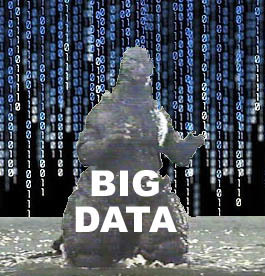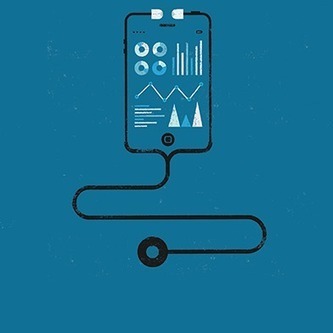The potential scale of the so-called "Medical Internet of Things" has not been lost on pharmaceutical and tech firms around the world, both big companies hunting growth and smaller ones looking to provide bespoke products and services.
It has created unlikely alliances.
Novartis' domestic rival Roche has also teamed up with Qualcomm and Danish diabetes drugmaker Novo Nordisk has partnered with IBM on cloud-linked device projects, for example, while healthcare device maker Medtronic is working with a U.S. data-analytics firm Glooko.
GlaxoSmithKline, meanwhile, is in talks with Qualcomm about a medical technology joint venture potentially worth up to $1 billion, according to people familiar with the matter.
However, with the opportunity comes risk.
Security experts warn that hacked medical information can be worth more than credit card details on the black market as fraudsters can use it to fake IDs to buy medical equipment or drugs that can be resold, or file bogus insurance claims.
The U.S. Centers for Disease Control and Prevention estimates there are 35 million U.S. hospital discharges a year, a billion doctor and hospital visits and even more prescriptions, much of which is stored in cloud databases.
Now the "Medical Internet of Things" is introducing more and more web-connected devices into the equation and pushing even more confidential patient data on to the cloud.
This is creating potential new opportunities for thieves seeking to penetrate medical companies' security where they may target names, birth dates, policy numbers, billing data and the diagnosis codes needed to obtain drugs, say experts.
"The weakest link tends to be the medical device itself," said Rick Valencia, senior vice president of Qualcomm Life, Qualcomm's four-year-old healthcare unit. "They weren't designed with the idea in mind that they would be going over the network and the information would be residing in cloud infrastructure."
Medtronic, the world's largest standalone medical device maker, said in 2014 it lost patient records in separate cyberattacks at its diabetes business.
Via Pharma Guy



 Your new post is loading...
Your new post is loading...



















The U.S. Food and Drug Administration today issued a draft guidance outlining important steps medical device manufacturers should take to continually address cybersecurity risks to keep patients safe and better protect the public health. The draft guidance details the agency’s recommendations for monitoring, identifying and addressing cybersecurity vulnerabilities in medical devices once they have entered the market. The draft guidance is part of the FDA’s ongoing efforts to ensure the safety and effectiveness of medical devices, at all stages in their lifecycle, in the face of potential cyber threats.
For more on that, read: "FDA's Cybersecurity Draft Guidance for Medical Devices"; http://sco.lt/8SkQoT